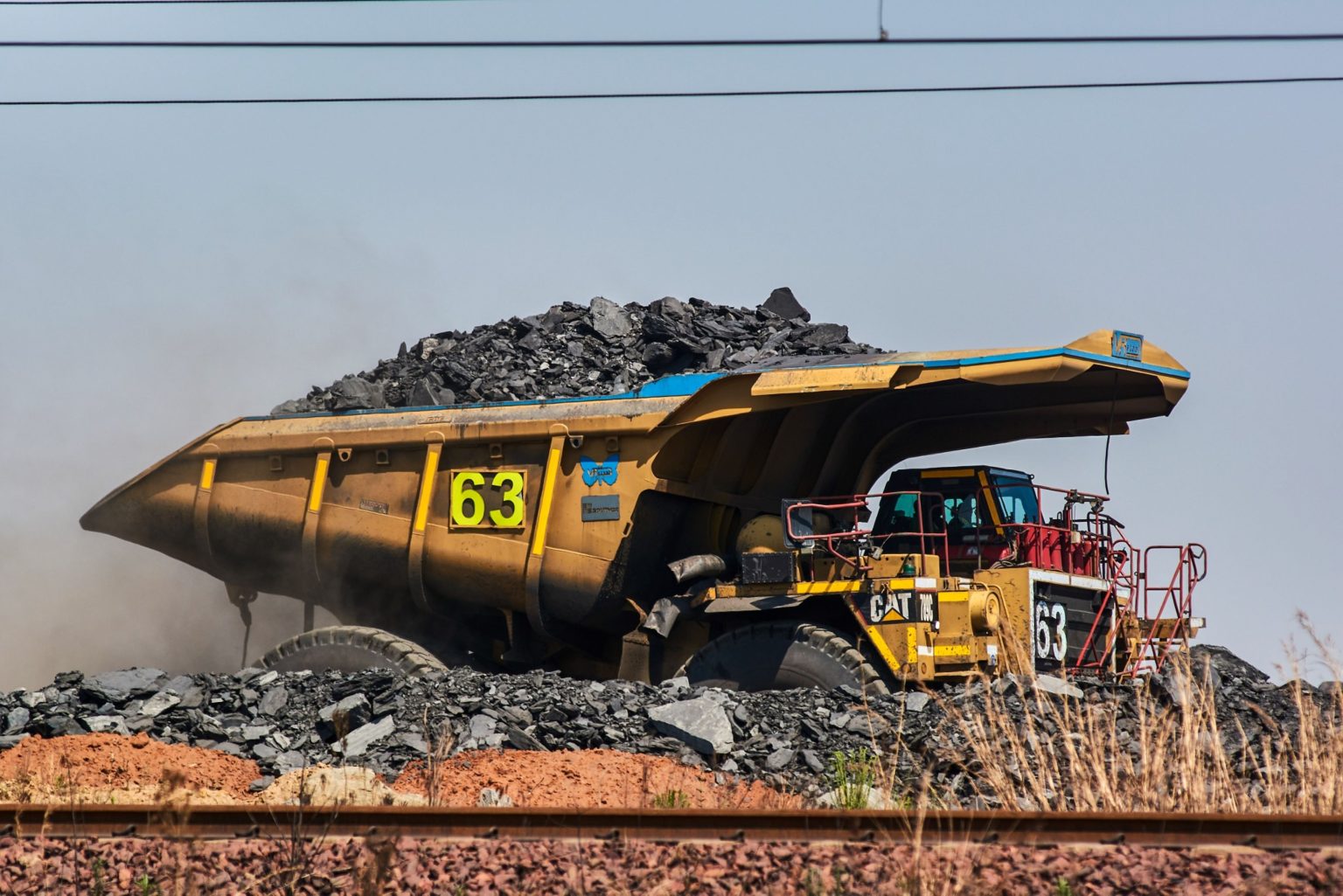SA mines report record production for 2022

The value of South Africa’s mineral production for 2022 has come in at R1.18 trillion, topping the R1.1 trillion record reported for 2021, boosted by strong commodity prices.
The figures were announced on the first day of the industry’s annual meet, the Mining Indaba, held in Cape Town.
Data and insights published by the Minerals Council South Africa in its Facts and Figures Pocketbook 2022 on Monday, show that the bump in production by the country’s mineral sector has made positive contributions to the domestic economy, by increasing employment, recording higher taxes, and growing the direct contribution to GDP.
However, the council has flagged Transnet-related transport logistics constraints, the impact of load shedding on productivity, as well as stagnant investment in the sector as some of the issues that threaten the sustainability of the industry moving forward.
“Once again, the mining industry has shot out the lights when considering its financial performance and contribution to the economy in 2022,” Minerals Council CEO Roger Baxter said in a statement.
“However, we remain concerned about the worsening constraints in rail and port logistics, which means we have yet again forfeited the benefits of high commodity prices and demand, as well as inadequate electricity supply.”
The country’s mineral sector reportedly added 15 500 jobs to the economy in 2022, bringing the total number of jobs it contributes to 475 560.
According to the council, mining companies paid R74 billion in taxes and R14 billion in royalties in 2022.
The industry grew its contribution to GDP by 4% to around R494 billion, maintaining its percentage contribution to GDP at 7.5%.
Industry challenges
According to estimates by the Minerals Council, transport and logistics inefficiencies at the country’s rail and ports are costing the industry R50 billion in opportunity costs – when comparing the delivered tonnages against targeted tonnages. This is a significant increase from the R35 billion estimated in 2021.
The council further believes that if the country’s transport system was operating at its intended maximum capacity, with a few further improvements, “South Africa would realise R151 billion more in bulk mineral sales.”
“Transport logistics and energy are two of the most critical issues the Minerals Council is dealing with at a presidency, ministerial and Transnet board level. We are in a partnership with the Transnet Board to urgently resolve bottlenecks on the four bulk mineral export channels. We are in constant talks with Eskom to find solutions to our energy crisis,” says Baxter.
Since the start of the Covid-19 pandemic, the sector’s strong performance has been largely supported by elevated commodity prices, which have seen export values grow to R878 billion in 2022, up from R856 billion in 2021. However, the council is concerned that longer-term investment in the industry – which supports sustained growth in the industry – is stagnating.
“The constraints around transport, logistics and border posts remain, and they are increasingly hampering mineral export volumes,” says Minerals Council chief economist Henk Langenhoven.
“Higher commodity prices have not resulted in higher fixed investment in mining, due to the structural domestic constraints. Net investment, especially in new projects, has dwindled to almost zero,” Langenhoven adds.
Langenhoven believes that the dwindling investment in the country’s mining sector points to the negative investment climate being created by the country’s structural constraints, the slow pace of the government’s structural reforms, as well as the negative perception of the country’s mining industry as a viable investment destination.

